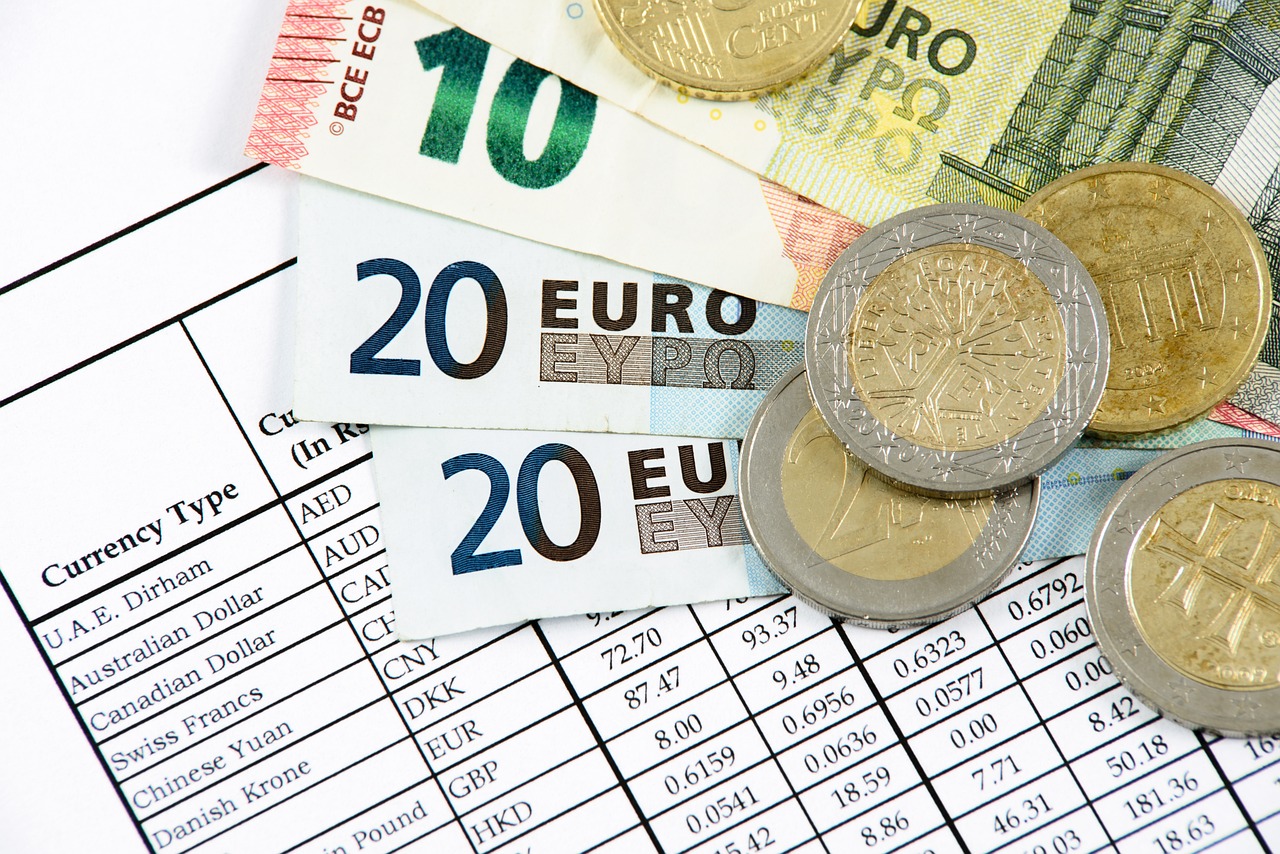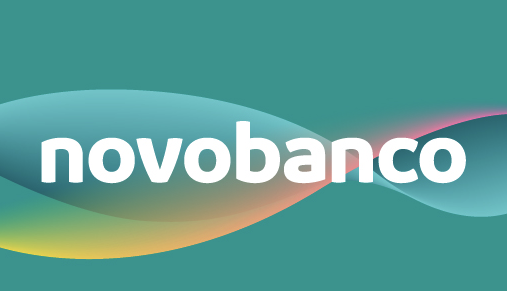Sending Money to Myself: All You Need to Know Before Going Online or Mobile App
GPT_Global - 2024-09-21 03:30:07.0 170
Is it safe to send money to myself online?
Is it safe to send money to myself online?
Sending money to yourself online, also known as self-remittance, can be a convenient and efficient way to move funds. However, like any online transaction, there are certain precautions that should be taken to ensure the safety and security of your money.
Firstly, it is important to choose a trusted and reputable remittance service provider. Look for companies with good reviews and established track records in the market. This will help reduce the risk of potential fraud or scams.
Next, make sure to use a secure payment method when sending money to yourself online. Avoid using public Wi-Fi or unsecured networks when making the transaction. It is best to conduct the transfer using a private and secure internet connection, such as your own home network.
Another way to increase the safety of your self-remittance is by using strong and unique passwords for your online accounts. This will make it harder for hackers to gain access to your personal information and potentially steal your money.
In addition, always double check the recipient’s information before finalizing the transaction. Make sure that the name and account details match with the intended recipient to avoid sending money to the wrong person.
Lastly, keep a record of your transaction and any related emails or receipts. This will come in handy in case of any issues or disputes that may arise during the transfer process.
In conclusion, sending money to yourself online can be safe as long as you take the necessary precautions and use reputable service providers. By following these guidelines, you can securely and confidently send money to yourself online for various purposes such as transferring funds between personal accounts or for emergency situations.

What information do I need to send money to myself?
If you're planning to send money to yourself, whether for personal or business purposes, there are a few key pieces of information you'll need to have in order to make the transaction. This is especially important if you're using a remittance service, which allows you to send money internationally or across borders. The following information will help ensure a smooth and successful transfer, regardless of where you are sending the money.
First and foremost, you will need to know your own personal details. This includes your full name, address, and contact information. If you're sending money to yourself from another country, you may also need to provide a valid ID or other forms of identification. This information is necessary for both the sender and receiver to confirm their identities and complete the transaction securely.
In addition to personal details, you'll also need to know your bank account or financial institution details. This could include your bank account number, routing number, or SWIFT code. These numbers help identify your specific account and ensure that the money is deposited into the correct account. Your bank or financial institution can provide you with this information if you're unsure of where to find it.
If you're using a remittance service, you will also need to know the recipient's information. This includes their full name, address, and contact information. It may also be helpful to know their bank account details, as this can expedite the transfer process. If the recipient is picking up cash at a designated location, you'll need to provide the specific location and any reference number or code they may need to receive the funds.
Finally, you will need to know the amount of money you want to send. It's important to double-check this amount to avoid any errors or delays in the transfer. Keep in mind that fees may apply when sending money, so be sure to account for those as well. You may also have the option to choose the currency in which you want the recipient to receive the funds.
Overall, sending money to yourself can be a simple and convenient process, as long as you have all the necessary information. By having your personal details, bank account information, recipient's information, and the amount you want to send, you can ensure a smooth and successful transfer every time. With the help of a reliable remittance service, you can easily and securely send money to yourself, no matter where you are in the world.
Can I send money to myself using a mobile app?
Sending money to oneself can be a common need for individuals using mobile apps for remittance. Whether you're traveling, need access to funds in a different country, or simply looking for a convenient way to transfer money between your own accounts, there are options available to make this process quick and easy.
One way to send money to yourself is through a mobile app provided by your bank. Many banks now offer mobile apps that allow you to transfer funds between your accounts with just a few clicks. This can be especially useful when you need access to funds in a different country and don't want to deal with the hassle of going to a physical branch or using a third-party remittance service.
Another option is to use a dedicated remittance mobile app. These apps are specifically designed for international money transfers and often have features that make it easy to send money to yourself. For example, some apps allow you to set up recurring transfers between your accounts or even schedule future transfers in advance.
If you frequently need to send money to yourself, it may be worth considering opening an account with a bank or remittance service that offers lower fees or better exchange rates for these types of transactions. This can save you money in the long run and make it more convenient to transfer funds between your own accounts while abroad.
In conclusion, sending money to oneself using a mobile app is possible and can be a quick and convenient way to access funds in a different country. Whether through your bank's app or a dedicated remittance app, be sure to explore your options and choose the one that best suits your needs and budget.
Are there any restrictions on the amount of money I can send to myself?
As a remittance business, you may be wondering if there are any restrictions on the amount of money you can send to yourself. The short answer is no, there are generally no limitations or restrictions on how much money you can transfer to yourself using a remittance service.
However, there are certain factors that may affect the maximum amount you can send, such as the country you are sending from and the country you are sending to. Some countries may have stricter regulations in place for international transfers, so it's important to familiarize yourself with the rules and regulations in both countries before initiating a transaction.
Additionally, the remittance service you are using may have their own limits in place for transfers. These limits can vary depending on the specific service provider, so it's important to check with them beforehand to ensure that your desired amount falls within their limit.
It's also worth noting that sending larger sums of money may result in higher fees and longer processing times. This is due to the additional security measures and regulations that need to be followed for larger transactions. If you need to transfer a significant amount of money, it may be beneficial to spread out the transfer over multiple transactions to avoid any potential complications.
In conclusion, while there are generally no restrictions on the amount of money you can send to yourself through a remittance service, it's important to research and understand any applicable regulations and restrictions. Additionally, consider the potential fees and processing times for larger transfers. With proper knowledge and planning, you can successfully transfer the desired amount of money to yourself through a remittance service.
Do I need a bank account to send money to myself?
When it comes to sending money to oneself, many people wonder if having a bank account is absolutely necessary. The answer to this question ultimately depends on the method you choose to use for your money transfer.
If you opt for traditional methods such as a bank wire transfer or a check, then having a bank account is essential. Without a bank account, you won't be able to initiate these types of transfers successfully. Additionally, you may also encounter higher fees and longer processing times with these methods.
However, if you turn to remittance services, having a bank account becomes less important. Remittance companies offer alternative ways to send money internationally, such as through cash pick-up or mobile wallets. Therefore, you can send money to yourself without the need for a bank account.
One notable example of a remittance company that doesn't require a bank account is Western Union. With over 550,000 agent locations worldwide, you can easily send money to yourself and pick it up in cash at a nearby location. This is especially helpful for those who may not have access to traditional banking services.
Another advantage of using remittance services to send money to yourself is the convenience and speed. With the advancement of technology, many remittance companies now offer online and mobile options, making it easy to send money anytime, anywhere. Plus, the processing times are typically much faster compared to traditional methods.
Finally, having a bank account may also limit your options for receiving the money. For instance, if you don't have an account in the same currency as the one you're sending money from, you may face conversion fees and exchange rate fluctuations. Remittance companies, on the other hand, often offer multiple currency options for receiving transfers, so you can choose the one that works best for you.
In conclusion, while having a bank account may be necessary for certain money transfer methods, it is not a requirement for all. If you're looking to send money to yourself, consider using remittance services for a faster, more convenient, and cost-effective option.
About Panda Remit
Panda Remit is committed to providing global users with more convenient, safe, reliable, and affordable online cross-border remittance services。
International remittance services from more than 30 countries/regions around the world are now available: including Japan, Hong Kong, Europe, the United States, Australia, and other markets, and are recognized and trusted by millions of users around the world.
Visit Panda Remit Official Website or Download PandaRemit App, to learn more about remittance info.



